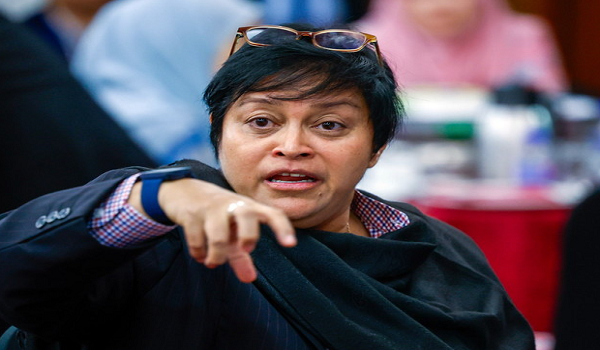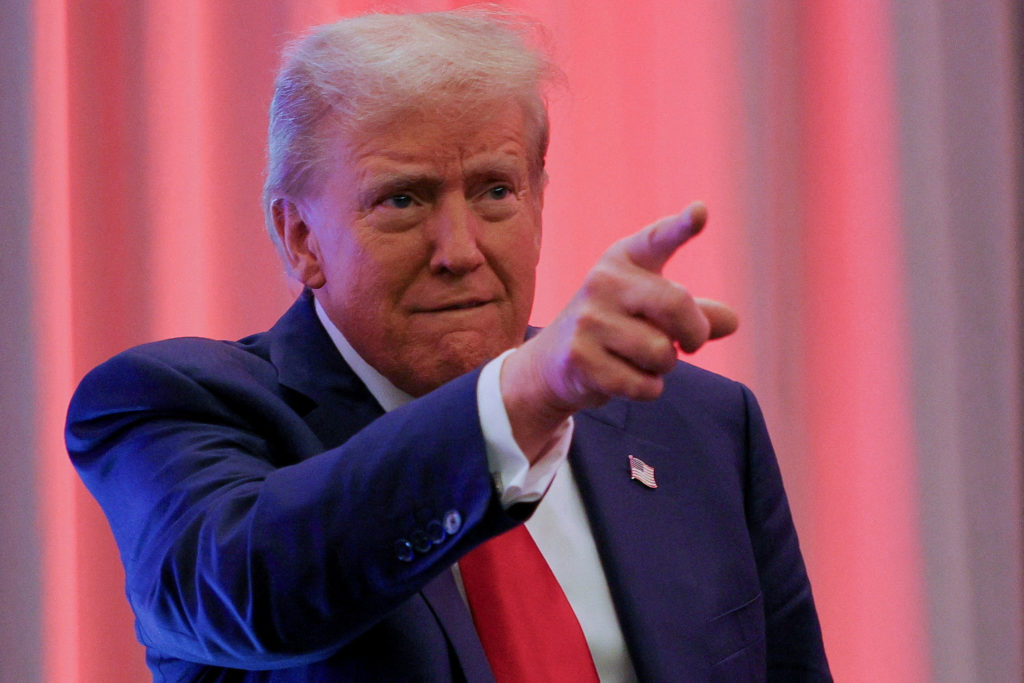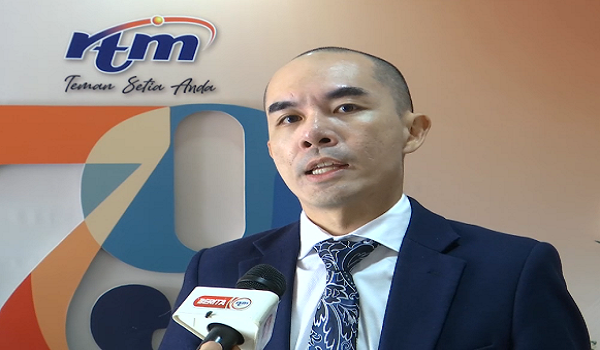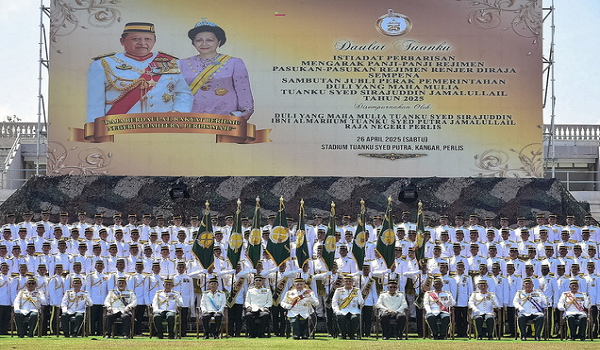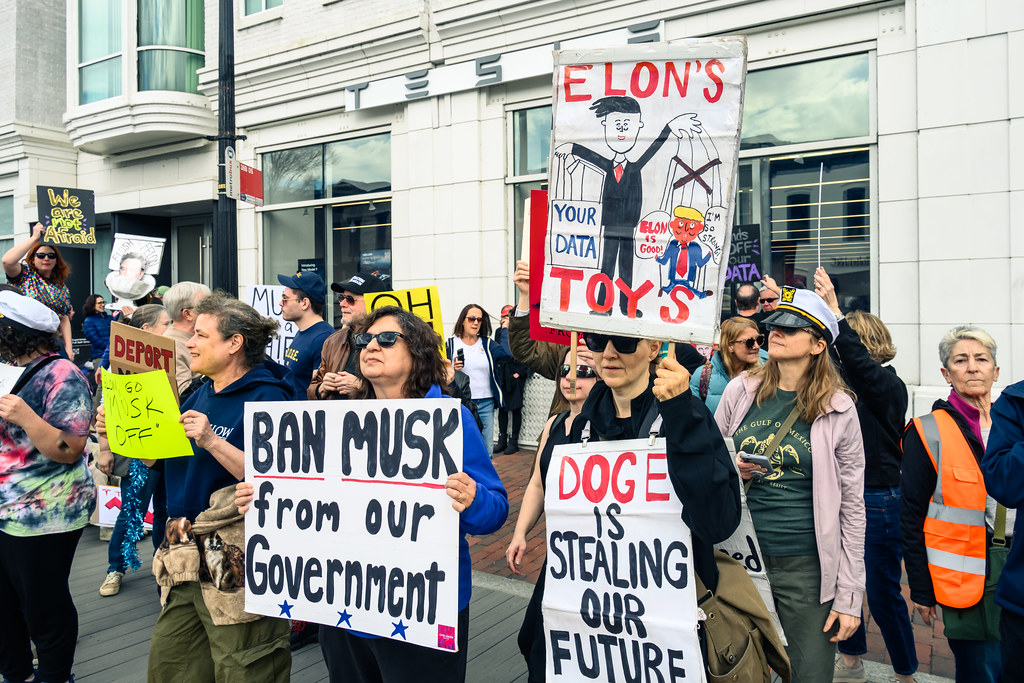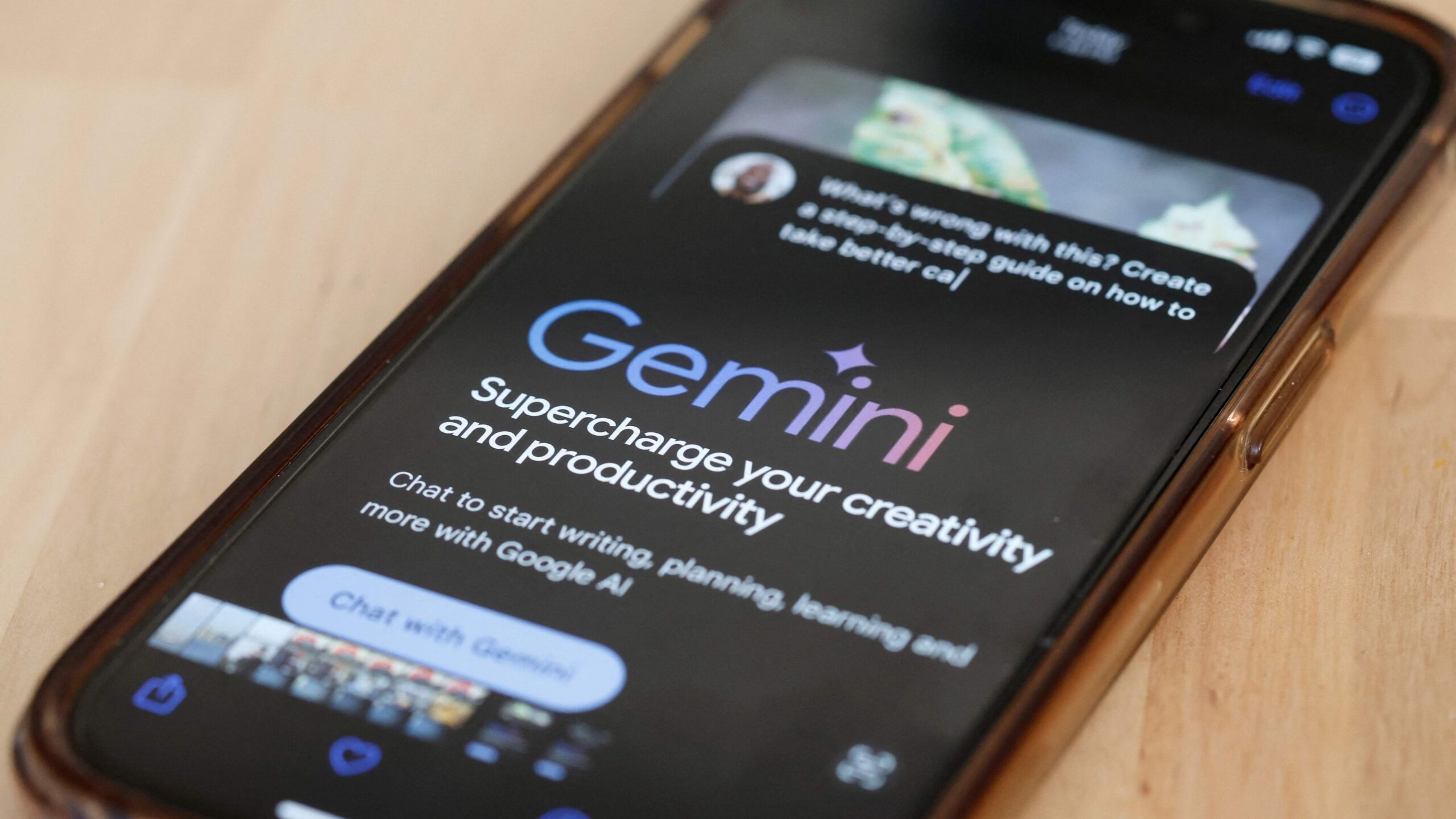President-elect Donald Trump is reportedly considering appointing an “AI czar” to shape the government’s artificial intelligence (AI) policy, Axios reports. If the role moves forward, it would focus on coordinating federal regulations, advancing government adoption of AI, and keeping the U.S. competitive in the global AI race.
The AI czar wouldn’t require Senate confirmation, allowing the appointee to hit the ground running. The position could also overlap with a “crypto czar” role the White House is reportedly mulling. Both roles might align with DOGE—the Department of Government Efficiency, co-led by Tesla CEO Elon Musk and biotech entrepreneur Vivek Ramaswamy.
What Would an AI Czar Do?
The AI czar’s job would be to centralize federal AI policy, a sharp turn from the current setup under President Biden’s AI executive order. Biden’s policy required federal agencies to name chief AI officers, but Trump might scrap that decentralized model in favor of a top-down approach.
Elon Musk, who has become an increasingly influential figure in AI policy, is expected to weigh in heavily on both the role’s direction and its potential appointee. Musk’s AI company, xAI, recently raised $6 billion for its Grok chatbot, which has made waves for its “uncensored” content. Unsurprisingly, Musk has been vocal about pushing back on regulations he deems restrictive.
Musk’s influence could also extend to broader AI applications, including autonomous vehicles. After campaigning on restricting self-driving cars, the Trump administration is now reportedly considering easing federal rules to encourage adoption.
AI, National Security, and the China Factor
Beyond domestic AI adoption, the role may have a significant focus on national security. The Biden administration recently implemented strict rules limiting U.S. investment in Chinese AI companies, citing potential risks to national security. Trump’s administration is expected to maintain these restrictions as part of its broader tech strategy.
Musk and Ramaswamy’s involvement may help ensure that private sector interests align with federal goals, particularly as Silicon Valley investors, including Musk, pour billions into AI innovation. However, this close partnership between tech leaders and the government could also invite criticism over potential conflicts of interest.
Energy Demand Meets AI
AI’s demand for power is expected to shape energy policy. While Trump’s emphasis on domestic oil production is well known, nuclear energy could also gain prominence as tech companies look for sustainable power sources for their data centers. Microsoft plans to restart the Three Mile Island nuclear facility, and Google has signed a recent deal to access nuclear energy for its operations.
The AI czar role is not confirmed yet, but it reflects the growing importance of AI in both technology and governance. The success of this initiative will depend on whether it can enhance government efficiency and ensure that federal policies keep pace with technological advancements.




